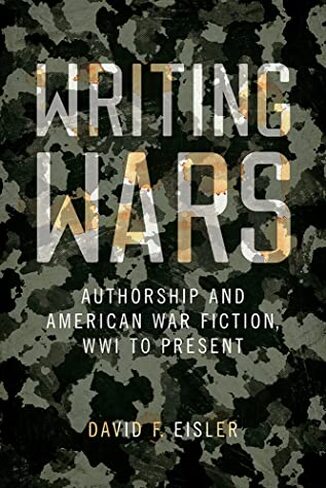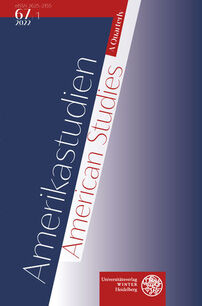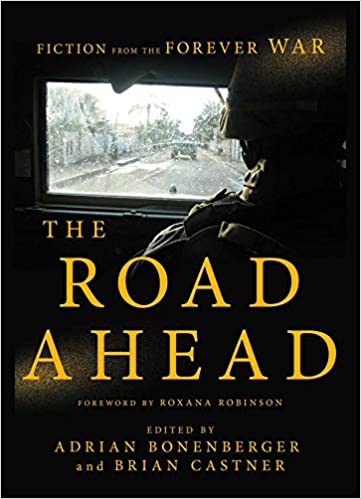Writer, Scholar of American Literature and Culture, Army Veteran
Now available from the New American Canon series in Contemporary American Literature and Culture
at the University of Iowa Press:
at the University of Iowa Press:
Recent Highlights
“[T]o tell the truth against dominant mythologies is always offensive” --
An Interview with Viet Thanh Nguyen
An Interview with Viet Thanh Nguyen
"Collision Course: Don't Look Up and the Politicization of Science in America"
"Different Kinds of Infinity"
|
Check out my short story, "Different Kinds of Infinity," in the anthology of short fiction, The Road Ahead: Fiction from the Forever War, published by Pegasus Books in January 2017.
|






